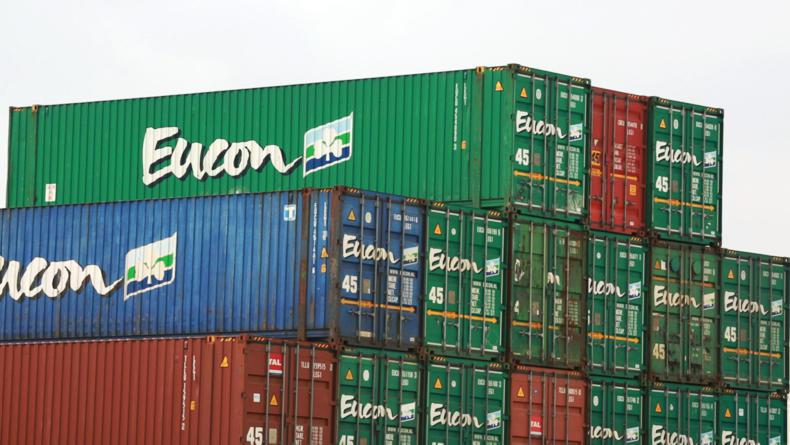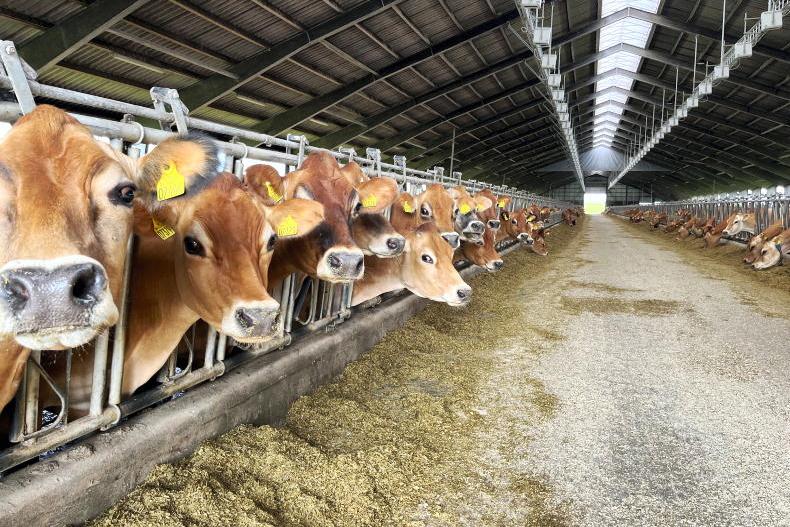The UN Climate Change conference (COP26) concludes Friday 12 November.
After what seems likes weeks of national media bombarding the general public about the climate emergency, you really have to question whether the negative reporting is a real turnoff for wider society in general.
People see through the hypocrisy of world leaders, celebrity activists and business tycoons telling us all to change, while at the same time living a lifestyle of luxury and excess.
It is that excess and throwaway culture that is an issue widely neglected in the whole debate around greenhouse gas emissions and climate change.
Estimates suggest that one-third of all Chinese emissions are associated with products that are ultimately exported to other countries
But, conveniently for developed countries including the UK, emissions associated with all these consumer goods brought in from the likes of China are not included in the territorial figures which form the basis for reporting on progress towards emission reduction targets.
Instead these emissions are directly attributed to the country of origin.
Estimates suggest that one-third of all Chinese emissions are associated with products that are ultimately exported to other countries.
It means that China, with a population twice that of Europe, is often unfairly singled out in the whole debate around climate change.
Over the same period, emissions related to imported goods consumed in the UK are up 16%, and from China alone, those imported emissions have risen by 64%
To reinforce the point it is worth looking at UK territorial emissions (those that occur within UK borders) versus consumption-based emissions (those related to goods and services consumed in the UK).
Since 1997, UK territorial emissions are down 34%, but consumption-based emissions have only fallen 22%.
Over the same period, emissions related to imported goods consumed in the UK are up 16%, and from China alone, those imported emissions have risen by 64%.
So effectively the UK has offshored its carbon footprint related to many consumer goods to the Chinese.
The big question now has to be, does it intend doing the same with its food production, relying on New Zealand and Australia for the likes of beef, lamb and dairy. What a shameful outcome of UK climate policy that would be.
Read more
New methane-reducing feed additive Bovaer to be produced in Scotland
Comment: making sense of farmers' day at COP26
The UN Climate Change conference (COP26) concludes Friday 12 November.
After what seems likes weeks of national media bombarding the general public about the climate emergency, you really have to question whether the negative reporting is a real turnoff for wider society in general.
People see through the hypocrisy of world leaders, celebrity activists and business tycoons telling us all to change, while at the same time living a lifestyle of luxury and excess.
It is that excess and throwaway culture that is an issue widely neglected in the whole debate around greenhouse gas emissions and climate change.
Estimates suggest that one-third of all Chinese emissions are associated with products that are ultimately exported to other countries
But, conveniently for developed countries including the UK, emissions associated with all these consumer goods brought in from the likes of China are not included in the territorial figures which form the basis for reporting on progress towards emission reduction targets.
Instead these emissions are directly attributed to the country of origin.
Estimates suggest that one-third of all Chinese emissions are associated with products that are ultimately exported to other countries.
It means that China, with a population twice that of Europe, is often unfairly singled out in the whole debate around climate change.
Over the same period, emissions related to imported goods consumed in the UK are up 16%, and from China alone, those imported emissions have risen by 64%
To reinforce the point it is worth looking at UK territorial emissions (those that occur within UK borders) versus consumption-based emissions (those related to goods and services consumed in the UK).
Since 1997, UK territorial emissions are down 34%, but consumption-based emissions have only fallen 22%.
Over the same period, emissions related to imported goods consumed in the UK are up 16%, and from China alone, those imported emissions have risen by 64%.
So effectively the UK has offshored its carbon footprint related to many consumer goods to the Chinese.
The big question now has to be, does it intend doing the same with its food production, relying on New Zealand and Australia for the likes of beef, lamb and dairy. What a shameful outcome of UK climate policy that would be.
Read more
New methane-reducing feed additive Bovaer to be produced in Scotland
Comment: making sense of farmers' day at COP26









SHARING OPTIONS